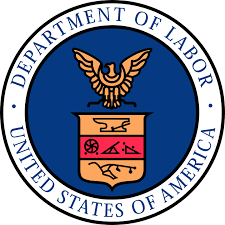The Department of Labor’s Employee Benefits Security Administration (EBSA) just dropped an RFI (RIN 1210–AC10) and some limited guidance on pooled employer plans (PEPs), asking for public input, especially from small employers. If you’re a small business or work with them, pay attention.
PEPs, born out of the SECURE Act in 2019, are still the new kid in the retirement plan world. The DOL is worried that small businesses don’t know enough about them or how ERISA applies. So, they’re asking: What’s holding you back? Is it awareness? Fiduciary fears? Confusing marketing?
They’re also providing some clarity: even in a PEP, employers retain fiduciary responsibility for investments unless the PEP delegates that role to a 3(38) fiduciary. If that happens, the employer has to monitor the PEP, not the investments directly. Simple? Not really. But important? Absolutely.
The DOL gives solid (if basic) advice: Know your PPP, understand the investments, ask about fees and liabilities, and monitor the PEP. No autopilot allowed.
Most importantly, they’re exploring whether to create a safe harbor for small employers that could limit fiduciary exposure if certain conditions are met, like requiring an unaffiliated 3(38), banning proprietary funds, or setting fee limits.
If you care about how PEPs evolve—and how small businesses can adopt them responsibly—now is the time to speak up. Comments are due 60 days after the RFI hits the Federal Register (July 29). Don’t let others shape the rules while you stay silent.







